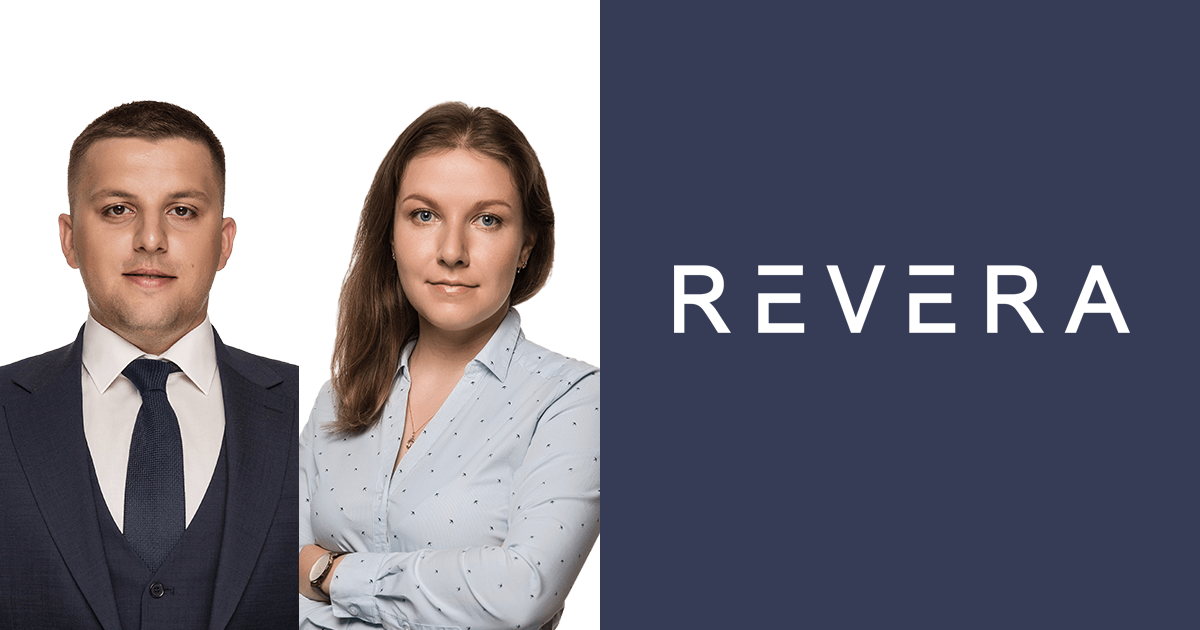"The trend towards co—investment has intensified in venture gaming transactions," Artyom Khandriko and Anna Solovey from REVERA on the results of 2023
We continue to summarize the results of 2023 together with the gaming (or related to the gaming industry) teams. Next up is an interview with representatives of the REVERA law firm — Artyom Khandriko, Advisor and Head of the Information Technology and Intellectual Property Practice, and Anna Solovey, Advisor, Head of the M&A and Corporate Structuring Practice of technology companies.
What was the year like for the company? What have you done that you would like to highlight in terms of achievements?
ARTYOM: I won't be original if I say that the year was not easy. But these difficulties just made it interesting and productive. They shook up the team well, forced them to look for new legal solutions, pack new products, develop new skills, expertise and experience, and develop a partner network.
Among the achievements, I would like to mention the successful resolution of all orders and tasks that our clients have addressed to us, since many of them have long gone beyond the national law of a particular jurisdiction.
Anna: In the past year, we have accompanied about 20 cross-jurisdictional investment transactions. Six major deals were made on gamedev. We are currently working on four more deals with game studios, but they will be completed only next year.
ARTYOM: In 2023, we actively maintained relations with our current partners and developed a partner network. We managed to maintain our client portfolio and grow new ones. Among the internal achievements of our practice, I would like to note the structural allocation of new areas — Video Game Law and Brand Protection. We have also strengthened the teams of patent attorneys. The latter made it possible to provide full legal support for the registration of intellectual property objects and the transfer of rights to them in Belarus, the Russian Federation and the European Union, as well as through an international procedure. At the same time, today we are able to provide legal support to our clients in almost any country in the world.
How has gaming legal practice changed this year?
Artyom: I think the most significant change is the change in the structure of the client's request. National products, which yesterday had a high share in the entire volume of practice services, are now becoming single orders. At the same time, there is a growing demand for supranational legal products — international structuring, international taxation, global brand protection, multi-jurisdictional transactions, etc.
In general, both the client's request and the legal business are becoming cross-country. This requires law firms to actively develop new competencies.
Anna: The trend towards co-investment has increased in venture gaming transactions. If in 2022 two or three investors participated in most transactions, then in 2023 we more often saw transactions with three to five investors in one round. Funds from different countries invested together. Investors from the USA, Cyprus, and Korea led the rounds.
Traditionally, we also had deals when publishers provided investments for studio equity. There were very few exits this year compared to previous years, the structure of most transactions is 100% cash-in.
What were the most popular appeals from gaming companies?
Artyom: my top requests from gaming companies in 2023:
- International structuring of groups of companies, support of business scaling, its entry into new markets.
- Brand Protection/Brand management.
- Attracting investments and M&A.
- Obtaining benefits and preferences for IT companies in various jurisdictions.
- Contractual binding and risk management.
In 2023, we saw a clearly increasing demand for the Brand Protection / Brand management service.
The growth of the gaming industry gives us literally new players and new products on the market every day. It can be said that the startup community in general and game dev in particular are now clearly aware of the importance of protecting intellectual property, seeing it as a key asset of the company. Previously, companies thought about IP protection only when they were already widely known to the market, but now, almost from the initial stage of development, founders invest in IP protection.
What are the company's plans for next year?
ARTYOM: The company's strategy does not change dramatically — further growth, scaling, and entering new markets. We will continue to focus on the development of cross-country and supranational products. In 2024, we plan to pay special attention to the development of team competencies and customer service.
